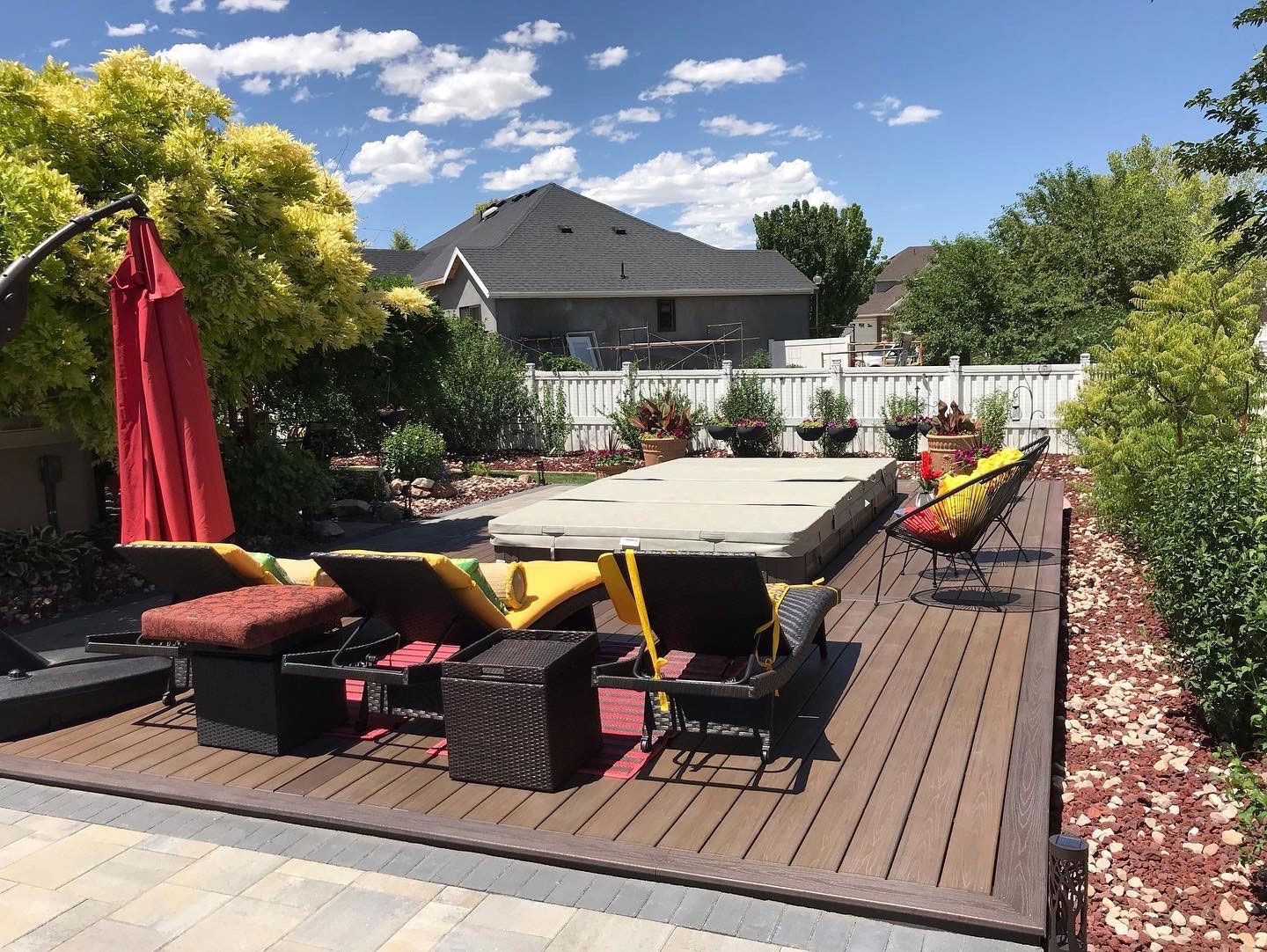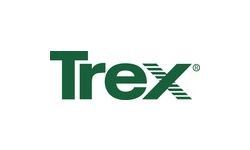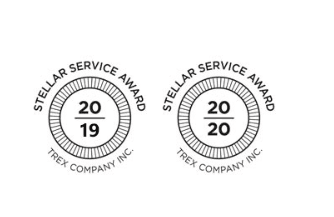
1. Understanding Utah’s Climate Challenges
Large freeze-thaw cycles
High UV index and sun exposure
Occasional heavy snow and ice loads
Dry air that can dry wood out faster
These factors put strain on decking materials, leading to warping, cracking, fading, or rot if the wrong material is chosen.
2. Natural Wood Decking: Pros & Cons
Pros:
Classic natural appearance
Generally lower upfront cost (depending on species)
Easy to cut and work with custom shapes
Cons:
Requires ongoing maintenance (sealing, staining, cleaning)
Vulnerable to rot, insects, and warping in extreme conditions
Shorter lifespan compared to composite alternatives
If you choose wood, species like cedar or redwood offer better resistance to decay and weathering.
3. Composite Decking (e.g. Trex and Similar Brands)
Advantages:
Low maintenance — no need to stain or seal year after year
Resistance to rot, insects, and moisture
Often includes fade and stain warranties
More color and texture options
Trade-Offs:
Higher upfront cost
May get hotter in full sun compared to wood
Some materials may still expand or contract (but modern brands typically mitigate this)
At JV Custom Decks, we’re experienced installing Trex decking and can guide you through warranty options and color selections.
4. PVC and Cap-Stock Options
These are premium materials with excellent durability, resistance to moisture and fading. Ideal for high-end builds where longevity and minimal maintenance are priorities. However, cost may be prohibitive for some budgets.
5. Mixed Material or Hybrid Decking
Sometimes combining materials (wood framing with composite surface) can strike a good balance between cost and performance. It gives structural strength where needed and a durable surface where exposure is greatest.
6. Matching Material to Your Design & Budget
Here are some considerations:
| Factor | Importance | What to Ask |
|---|---|---|
| Budget | Helps narrow choices early | “What’s the life-cycle cost (maintenance + repair)?” |
| Aesthetic | Color, texture, grain matter | Can I see real samples in Utah sun? |
| Warranty | Protects your investment | What does the manufacturer warranty cover (fade, stain, structural)? |
| Maintenance | Time, products, labor | How often will this need to be sealed/cleaned? |
At JV Custom Decks, we provide free estimates, walk you through material options, and help you make confident choices.
7. Care & Maintenance Tips for Any Deck Material
Clean annually (or semiannually) with appropriate deck cleaners
Promptly remove snow and ice—use plastic shovels, avoid metal scraping
Inspect for damage, loose screws, and ensure flashing is effective
For wood: re-stain or seal every few years
For composite: avoid harsh chemicals, avoid high-pressure washing too close
Conclusion
Choosing the right deck material for Utah’s climate can make all the difference in longevity, aesthetics, and maintenance effort. Whether you prefer classic wood or low-maintenance composite like Trex, we at JV Custom Decks are here to help you decide and execute.



